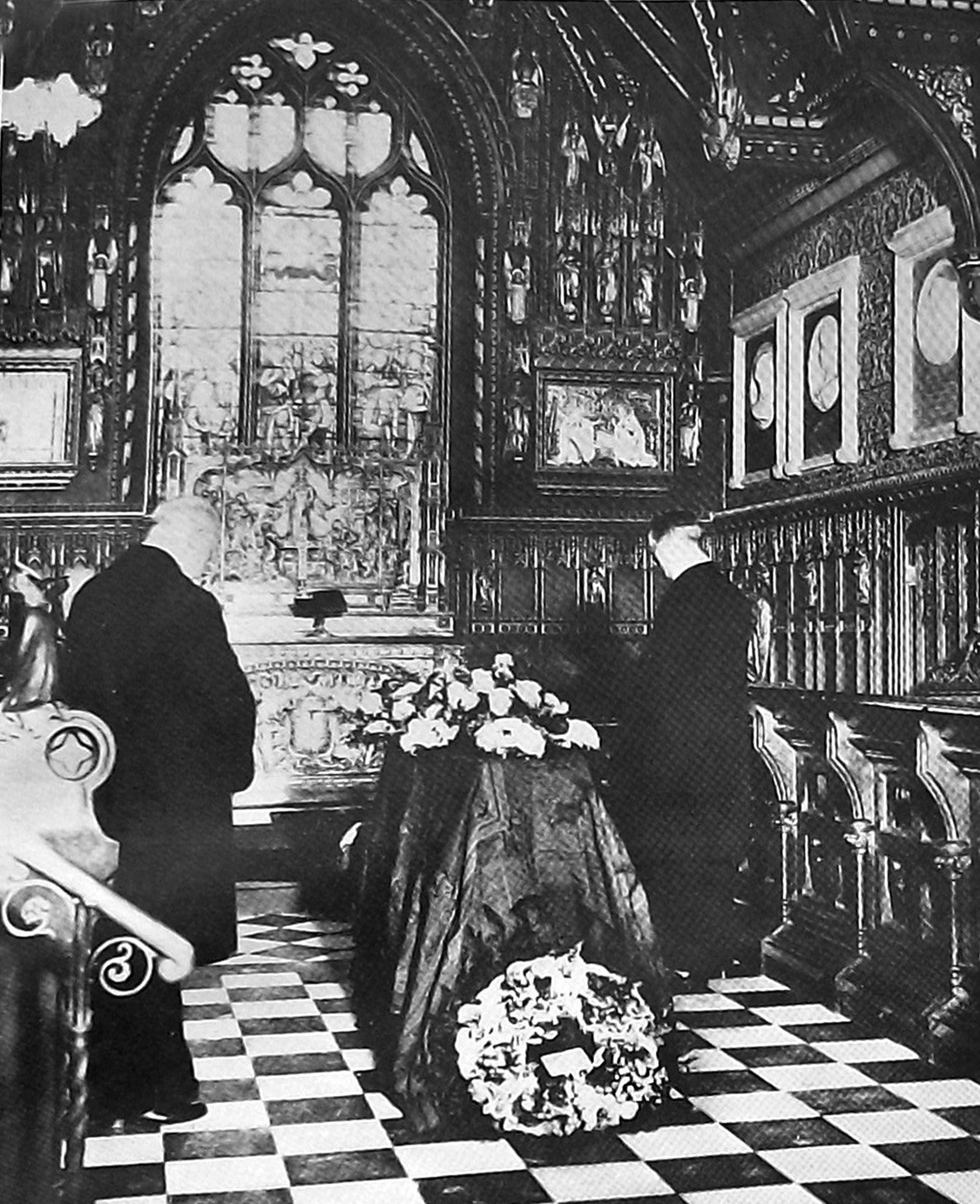

Tb or not Tb
Dr Blackmore, superintendent of Cashmere Sanatorium, has written to Dr Leon Calmette, assistant director of the Pasteur Institute, Paris, asking for a supply of his vaccine. Dr Calmette has devised a process of inoculating babies three days after birth with a living strain of bovine tuberculosis germs which have been weakened or attenuated through culture in equine or bovine bile.
A recent cable message stated that Mr Calmette had inoculated 2000 infants in Paris, and none had contracted tuberculosis.
Minister wants more singing
"We lag behind both England and Wales where singing among children is concerned, but the Education Department is going to revolutionise music in the schools," declared Sir James Parr, Minister of Education, in his address at the opening of the new Epsom school building at Auckland last week. Singing, which created a community spirit, as nothing else could, was not receiving its proper place in the school curriculum, he maintained. Too little time was devoted to it, and what was done was done in too haphazard a fashion.
Women want more from minister
A deputation from the New Zealand Women Teachers’ Association waited upon the Hon Sir James Parr (Minister of Education) urging that women should be given greater opportunities for headships in the higher grade schools. They also urged that better provision should be made for teaching dull and backward children. The deputation further urged that women be appointed inspectors of schools.
The Minister was sympathetic, promising that all the matters mentioned would be considered. As to the inspectorships, when the next vacancy occurred he hoped that women would be given an opportunity of applying.
Māori music in Minneapolis
Mr Alfred Hill, the well-known New Zealand musician and composer, has accepted a special musical engagement in the United States. The Minneapolis Orchestra has arranged for Mr Hill to conduct some of his Maori compositions, also with the Chicago Choir. Among the works to be performed is the "Ra-Ha" chorus from Mr Hill’s "Hinemoa."
"I am going to do my best to boost New Zealand and its music," writes Mr Hill, "because, although by chance I was born in Australia, all my early training and ideals originated in New Zealand, and the Maori idiom entered into my soul and blood, and nothing can eradicate it. I have lately collected some new Maori songs, both words and music, and when I come over in December I would like to get some more. I will make America hum tunes as well as jazz before I am through."
Electricity has charge
There is a force controlling the Exhibition which could not last a moment if it were withdrawn. It not only keeps the Exhibition a live body, but also keeps it in constant touch with the world. Its name is electricity, and it is in complete charge of the huge buildings and the wonderful and intricate machines which instruct, amuse and puzzle the crowds.
Miles of wires run throughout the Exhibition buildings, carrying current to thousands of lights and contrivances.
The first obvious display of electrical energy is seen in the brilliant illuminations of the buildings, but there are a thousand other electrical wonders.
All the moving models which are so fascinating are electrically driven, and the same power operates the large machinery exhibits. In the Amusement Park, the fun would not be half so varied if it were not for this force. The motor which keeps the scenic railway going is not very large, but it has driving force. The dodge ’em feature is entirely electrical. So it is throughout all the attractions, the giant power which can be felt, if one is unfortunate, but which cannot itself be seen, has charge, and if it went on strike the Exhibition would indeed be but a pale reflection of its present grandeur. — ODT, 26.11.1925
Compiled by Peter Dowden












